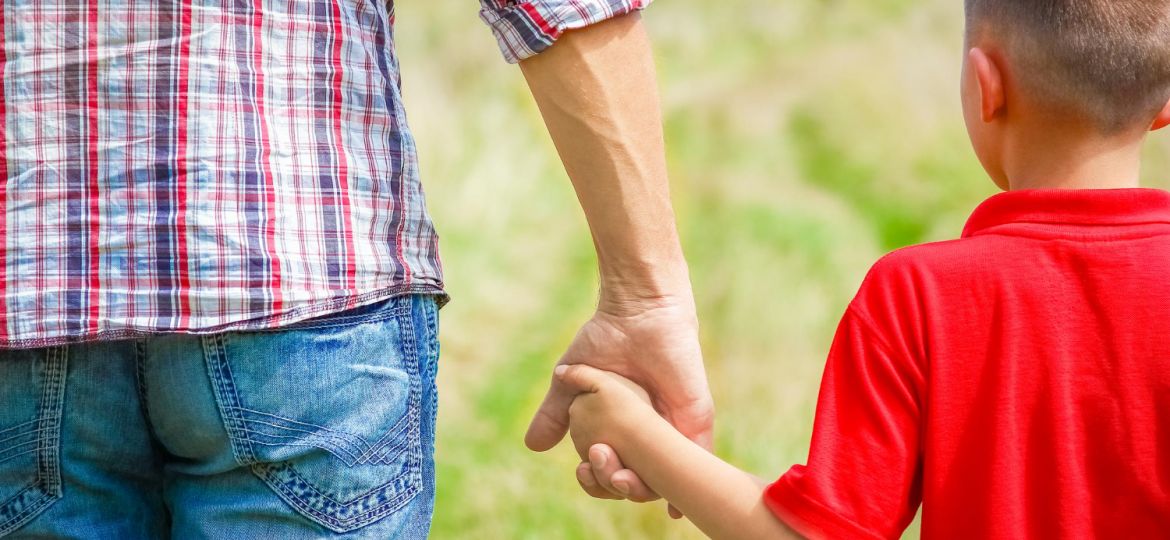
Navigating child custody disputes is challenging. Making clear and informed decisions is crucial, and a big part of this involves gathering solid evidence. Evidence can turn the tides in custody battles, providing a clear picture of the child’s everyday life, the environment they’re in, and the dynamics of parental relationships. Clear and accurate evidence can significantly impact the outcome, influencing the court’s decision to ensure the child’s best interests are prioritized.
In Columbus, OH, private detectives play a pivotal role in the process of collecting such evidence. Their experience and resources are invaluable when it comes to uncovering detailed information while maintaining confidentiality and legality. These professionals can help gather various types of evidence in a manner that respects privacy laws while ensuring the evidence is collected efficiently and effectively.
Understanding the Types of Evidence
In custody disputes, different types of evidence can be crucial. Understanding these types helps in appreciating the complexity and importance of each piece of information.
– Physical Evidence: This includes things you can touch or see, like photos or videos that show living conditions, interactions, or any relevant situations affecting a child’s well-being. These tangible pieces can be strong indicators of the child’s environment.
– Digital Evidence: In our tech-savvy world, digital footprints are everywhere. While it’s essential to steer clear of invasive measures, there are lawful ways to gather relevant digital evidence that can back up claims regarding parenting practices or lifestyle.
– Eyewitness Accounts and Statements: Hearing firsthand experiences from those close to the family can provide invaluable insights. These statements help paint a broader picture of the child’s circumstances and the behavior or character of each parent.
Each type of evidence serves a unique purpose and, when combined, can provide a comprehensive view that supports families’ claims or defenses. With careful collection and presentation, effective evidence collection can illuminate truths that lead to informed decisions benefiting all parties involved.
Methods Private Detectives Use to Collect Evidence
When it comes to collecting evidence in child custody cases, detectives have a variety of tools at their disposal. These tools ensure evidence is gathered effectively and within legal boundaries, supporting claims in court.
One of the most common methods is surveillance. This involves discreetly observing and documenting a person’s daily activities. Whether it’s tracking a parent’s comings and goings or observing interactions with the child, these findings can be crucial in understanding the day-to-day environment and relationship dynamics.
– Surveillance Techniques:
– Using video or photo documentation
– Tracking physical locations to verify routines and habits
Background checks and record searches are another valuable tool. These checks can uncover information about custody applicants that might not be immediately visible. Records such as criminal backgrounds, employment history, and financial documents can provide insights into a person’s ability to care for a child responsibly.
Interviewing witnesses might seem straightforward, but it requires skill and sensitivity. Detectives approach neighbors, teachers, or family friends to gather objective testimony about interactions, environments, or any relevant incidents.
Legal Considerations in Evidence Collection
When collecting evidence, keeping on the right side of the law is paramount. Detectives must navigate privacy laws and ensure all obtained evidence is admissible in court. Understanding where the legal lines are drawn is crucial, as any misstep could lead to evidence being dismissed or worse, compromising the case.
Keeping clear of any gray areas ensures the evidence is clean and reliable. This means adhering to entities like Columbus’s local regulations and acknowledging privacy rights. Staying informed of the latest laws helps ensure the detectives’ work supports, rather than undermines, the integrity of a custody case.
Detectives operate within rigorous ethical frameworks, avoiding any actions that might jeopardize their professionalism or the validity of their findings. Upholding these standards reflects not only commitment to legal compliance but also a dedication to fair and just outcomes.
Summing Up the Importance of Proper Evidence Collection
At the heart of any custody dispute is the desire to serve the best interests of the child. Proper evidence collection is more than a procedural necessity; it’s a cornerstone of justice in these sensitive cases. By ensuring thorough, ethical, and reliable evidence gathering, private detectives can play a pivotal role in securing a fair result that reflects the true circumstances of each child’s environment.
The path to clarity in custody disputes often requires expert guidance. With a skilled hand addressing all facets of evidence collection, from legal adherence to practical application, the process becomes less daunting. Pursuing professional help ensures the collected evidence stands up to scrutiny, ultimately offering a pathway to decisions grounded in the best interests of the child.
To make sure you have the right support when it matters most, consider working with experienced private detectives who understand the complexities of child custody cases. Seabolt Investigations LLC can help you gather the evidence you need while staying within legal limits and respecting everyone’s privacy.

